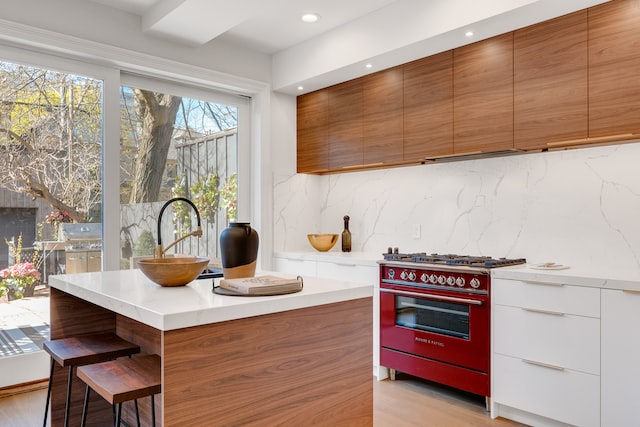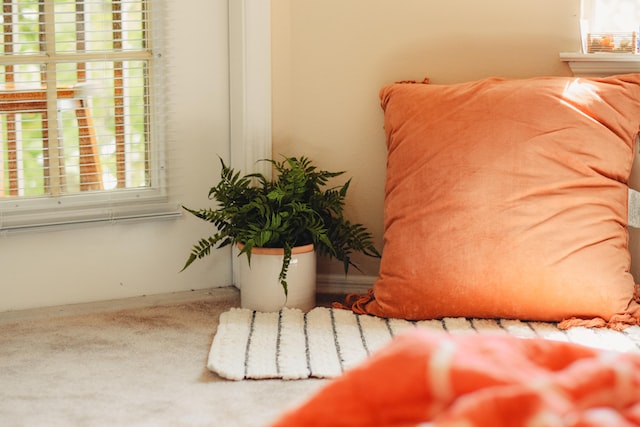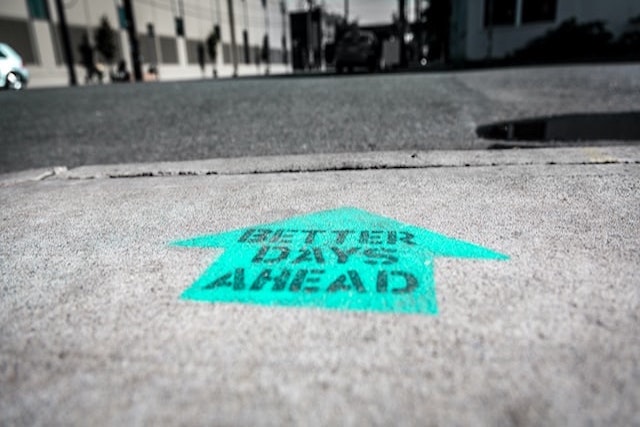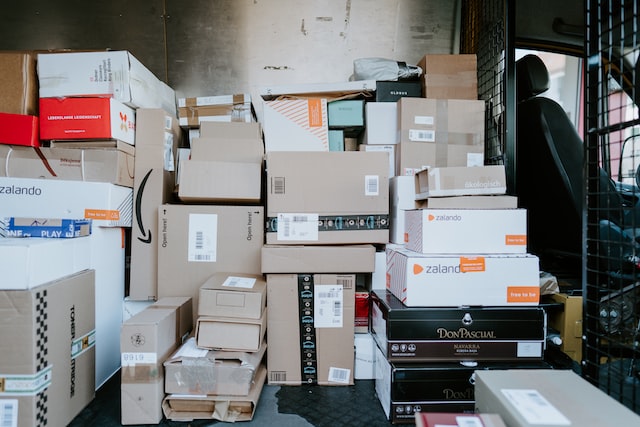
Yes, You CAN Declutter Your Bedroom In One Weekend!
Does your bedroom feel cluttered and overwhelming? Is it a place of calm and relaxation, or do you look around and get stressed out by all mess? According to a

Does your bedroom feel cluttered and overwhelming? Is it a place of calm and relaxation, or do you look around and get stressed out by all mess? According to a

In a world where sustainability is becoming increasingly paramount, even our kitchen cabinets are getting an eco-friendly makeover. Fortunately, the shift towards eco-friendliness has led to the emergence of innovative,

April 29, 2024 by Mikhal Weiner from Parents.com The Holderness Family shares their ADHD journey with the same humor and wit that made them a viral sensation. In case you,

by Diane Roberts Stoler Ed.D. February 15, 2023 Psychology Today During the month of February, people are encouraged to declutter their homes and donate unused or unwanted items to

We are not huge proponents of New Year’s resolutions—often unrealistic, unattainable measures that, if one does not achieve, makes them feel like a failure. We punish ourselves enough; let’s get

Adult ADHD is associated with a higher risk for dementia, but medications and lifestyle changes may lower risk.

by Sofia Medina March 10, 2023 from Porch In recent years, the minimalist lifestyle has gained significant popularity among individuals looking to simplify their lives and reduce their environmental

by Shelby Deering February 27, 2023 from RealSimple.com Take small steps toward a cleaner home and improved well-being, even if you’re totally unmotivated. Some symptoms of depression are well

Most folks look at the start of a New Year as a chance for a bit of a reset. Nobody wants to say the dirty “R” word (you know…resolutions…shhh). Instead,

November 22, 2022 by Alexandra Frost on Vox.com Buying fewer unnecessary items is good for the planet, your wallet, and your brain. This holiday season could be a scary time